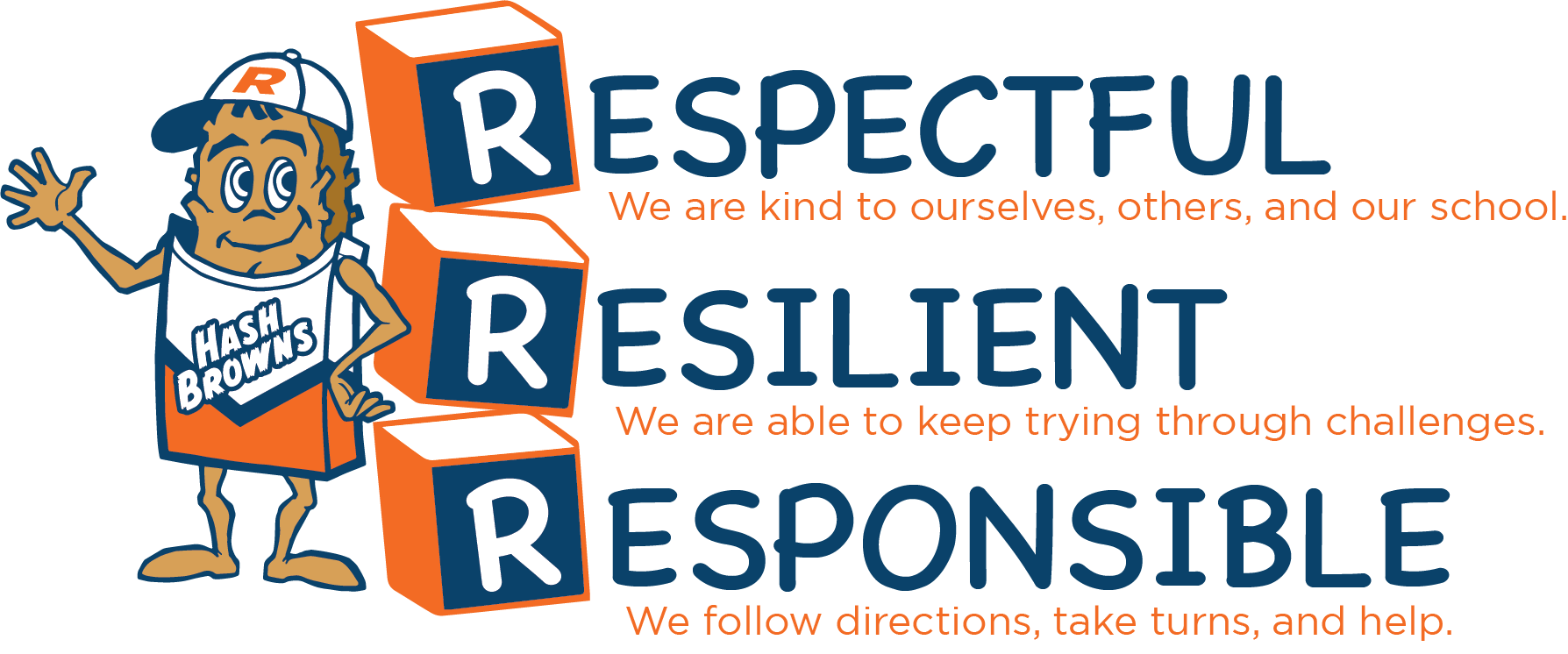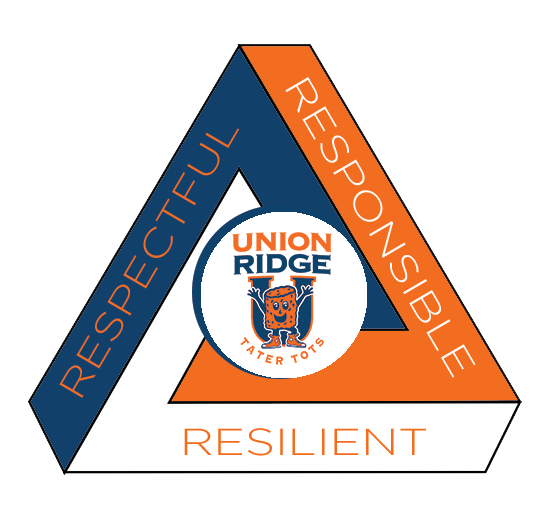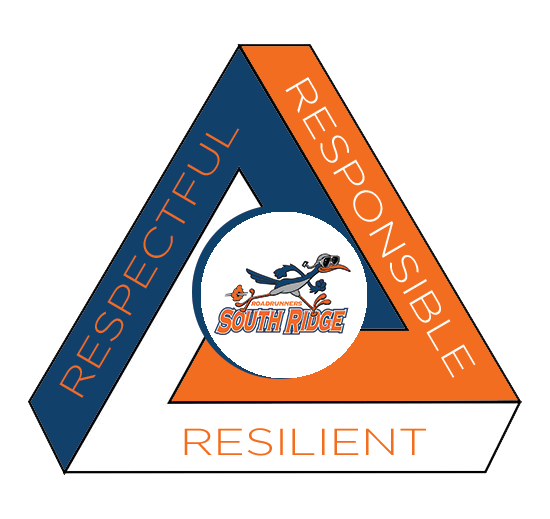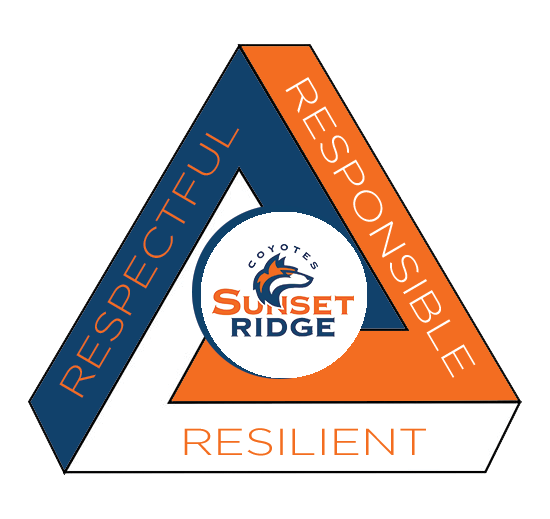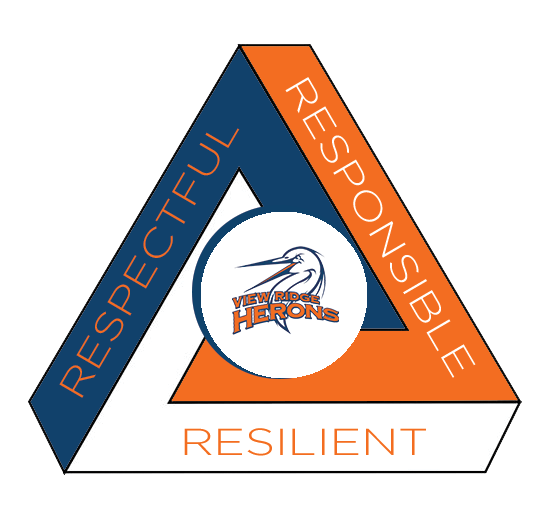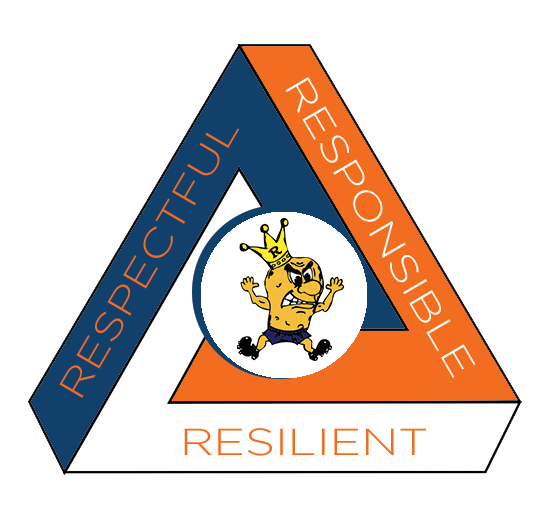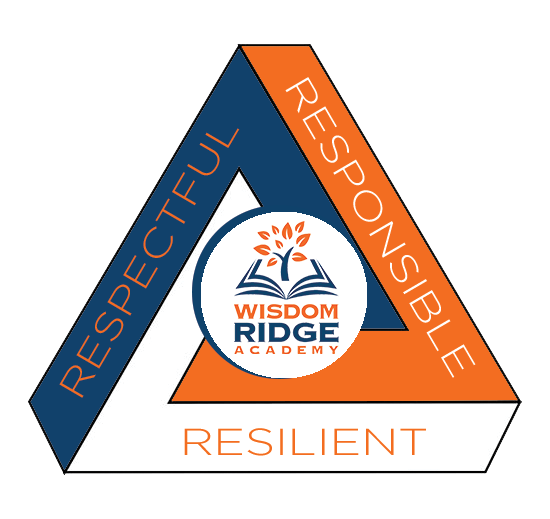How Social Emotional Learning and Positive Behavioral and Interventions Supports Work Together
Social and Emotional Learning
Social and Emotional Learning (SEL) is the process of acquiring the skills to recognize and manage emotions, develop caring and concern for others, establish positive relationships, make responsible decisions, and handle challenging situations effectively. SEL provides schools with an evidence-based framework for preventing problems and promoting students’ well-being and success. The SEL framework is an integrated approach involving every student, the entire staff, the family, and the community.
Effective SEL addresses the fundamental conditions for learning and fosters students’ capacity to learn. Best practice includes classroom teachers modeling evidence-based explicit social emotional skills instruction in a safe, caring, supportive, participatory learning environment. SEL is fundamental to children’s healthy development and enables schools to educate students to be good problem solvers and caring, responsible, engaged citizens. A major review of SEL research provides strong evidence that building social and emotional skills improves student attitudes, behaviors, and academic performance. Schools may consult www.casel.org for evidence-based programs that match their needs and characteristics.
Positive Behavioral Interventions and Supports
Positive Behavioral and Interventions Supports (PBIS) is a framework for providing a range of systemic and individualized strategies for achieving important academic and behavior outcomes while preventing problem behaviors. Schools that apply PBIS establish clear school-wide expectations for behavior which are taught, modeled and reinforced by all staff.
PBIS was originally developed as a way to work with students and other individuals with developmental disorders in various settings. It was an alternative to punishment-based interventions. Over time PBIS was expanded to address the larger community as a school-wide approach, recognizing that individuals with disabilities do better when the whole environment supports positive behavior. PBIS does not prescribe specific teaching practices, which allows schools to choose practices and programs that fit their characteristics.
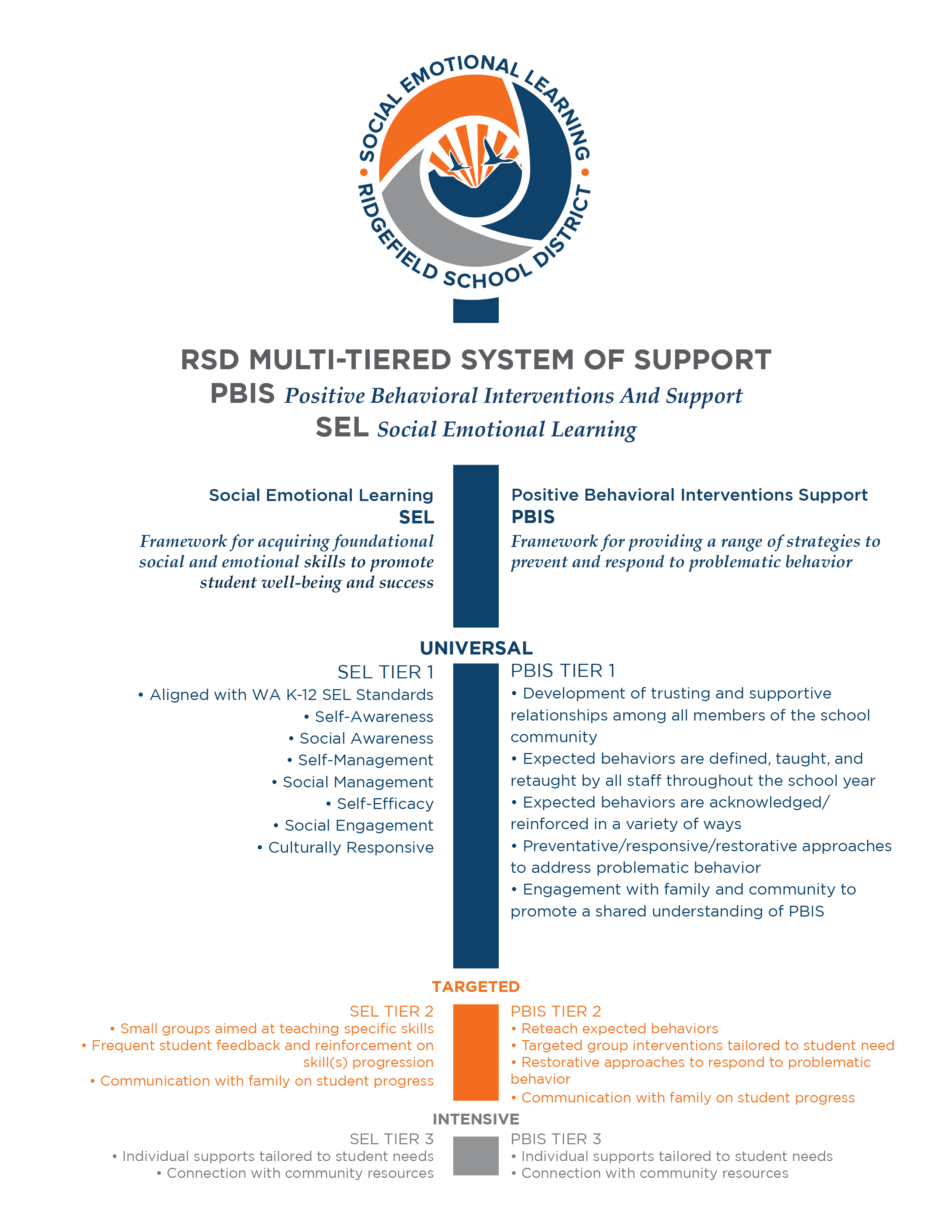
Working Together
SEL and PBIS are both rooted in the belief that students learn best in a safe and well-managed learning environment. PBIS establishes a common purpose and approach to discipline throughout the school by establishing positive expectations for all students. These expectations are taught, practiced, and reinforced through a reward system.
SEL helps students and adults develop specific social and emotional competencies that have been linked to positive outcomes. Evidence-based SEL programs teach these skills explicitly and provide opportunities for practice, feedback, and application within content areas and throughout the school setting. Both SEL and PBIS support using assessment information to help establish organizations that are committed to effective practice.

